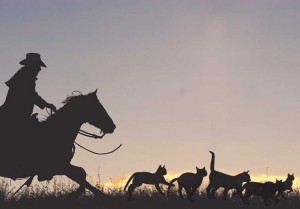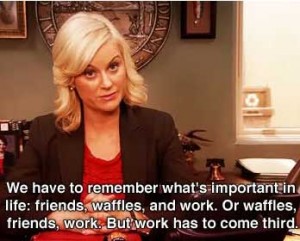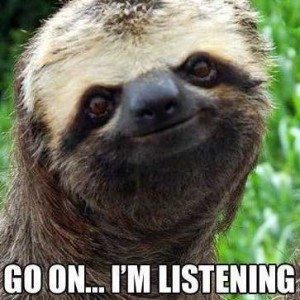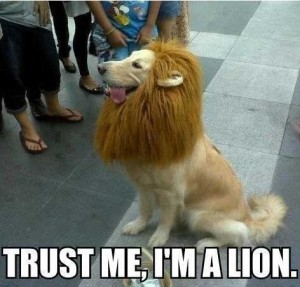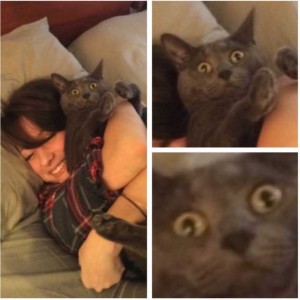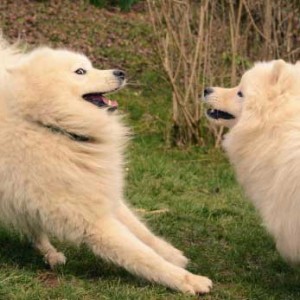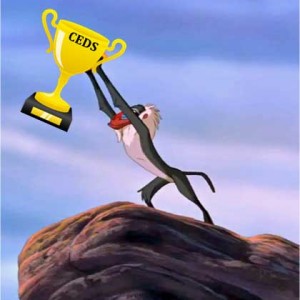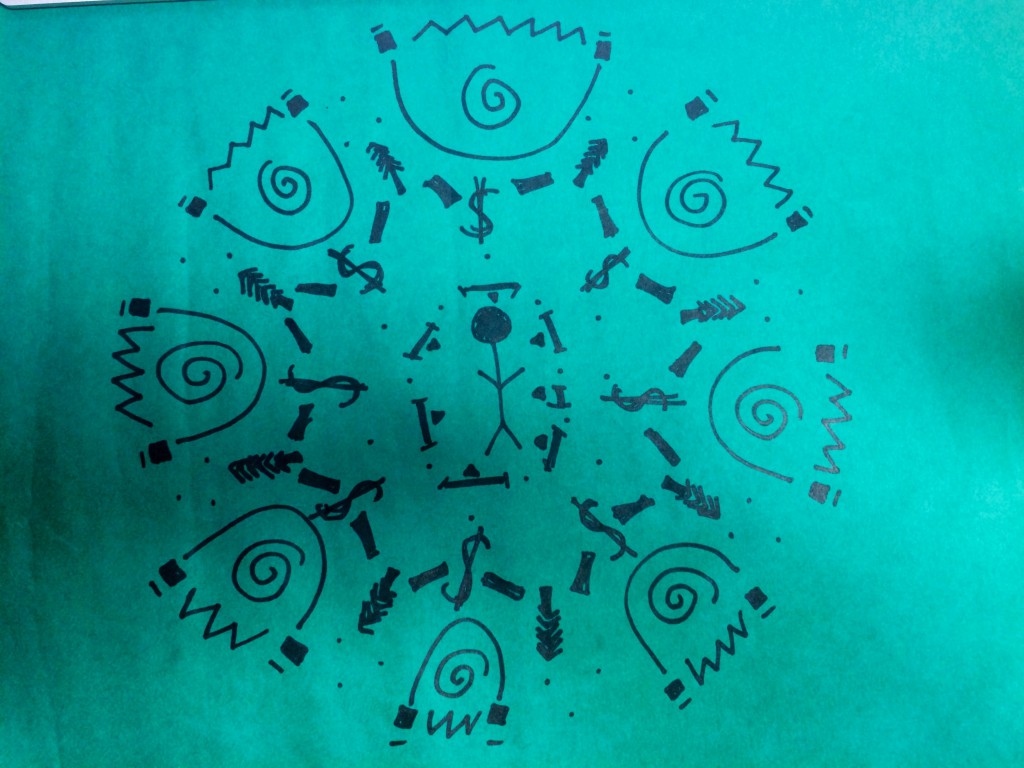Currently on target to have the 2015 Comprehensive Economic Development Strategy updated for the Cascades West Council of Governments by June, our team has one final meeting left to meet with stakeholders to finalize the action plan for the 2015 CEDS.
The final leg of the race is just ahead of us and the CEDS update team has taken some time to reflect on our current process, only to realize how much we have learned in the pursuit of trying our hand at the unknown. As we have progressed through the Comprehensive Economic Development Strategy update for the Cascades West Council of Governments, we’ve learned we do not always agree on everything, but we can all agree that we’ve learned a lot of things.
Comprehensive regional planning is tricky business, and involves compromise, awareness, in-depth knowledge, and negotiation of everyone involved. We have learned these lessons through our own meetings, our meetings with stakeholders, and through our late night email chains on our fifth cup of coffee! Often times, these lessons are not learned until we’re in the moment having to think quickly on our feet. So, to avoid common pitfalls of the regional comprehensive planner, your trusty CEDS update team has devised a list of the top 7 steps to become a “pro” regional planner. We’re not experts yet, but we are on our way…..
Did we miss a step? If so, let us know! Our work is never complete without stakeholder feedback.
 About the Author: Kelsey Zlevor is a Master’s in Community and Regional Planning student, and a newly-minted Oregon transplant from Chicago. A former environmental scientist from University of Iowa, she now works at Sustainable Cities Initiative on campus, helping facilitate environmental work in Oregon communities. Outside of class, Kelsey also identifies as a coffee addict, Iowa-enthusiast, speed walker, and cellist.
About the Author: Kelsey Zlevor is a Master’s in Community and Regional Planning student, and a newly-minted Oregon transplant from Chicago. A former environmental scientist from University of Iowa, she now works at Sustainable Cities Initiative on campus, helping facilitate environmental work in Oregon communities. Outside of class, Kelsey also identifies as a coffee addict, Iowa-enthusiast, speed walker, and cellist.

